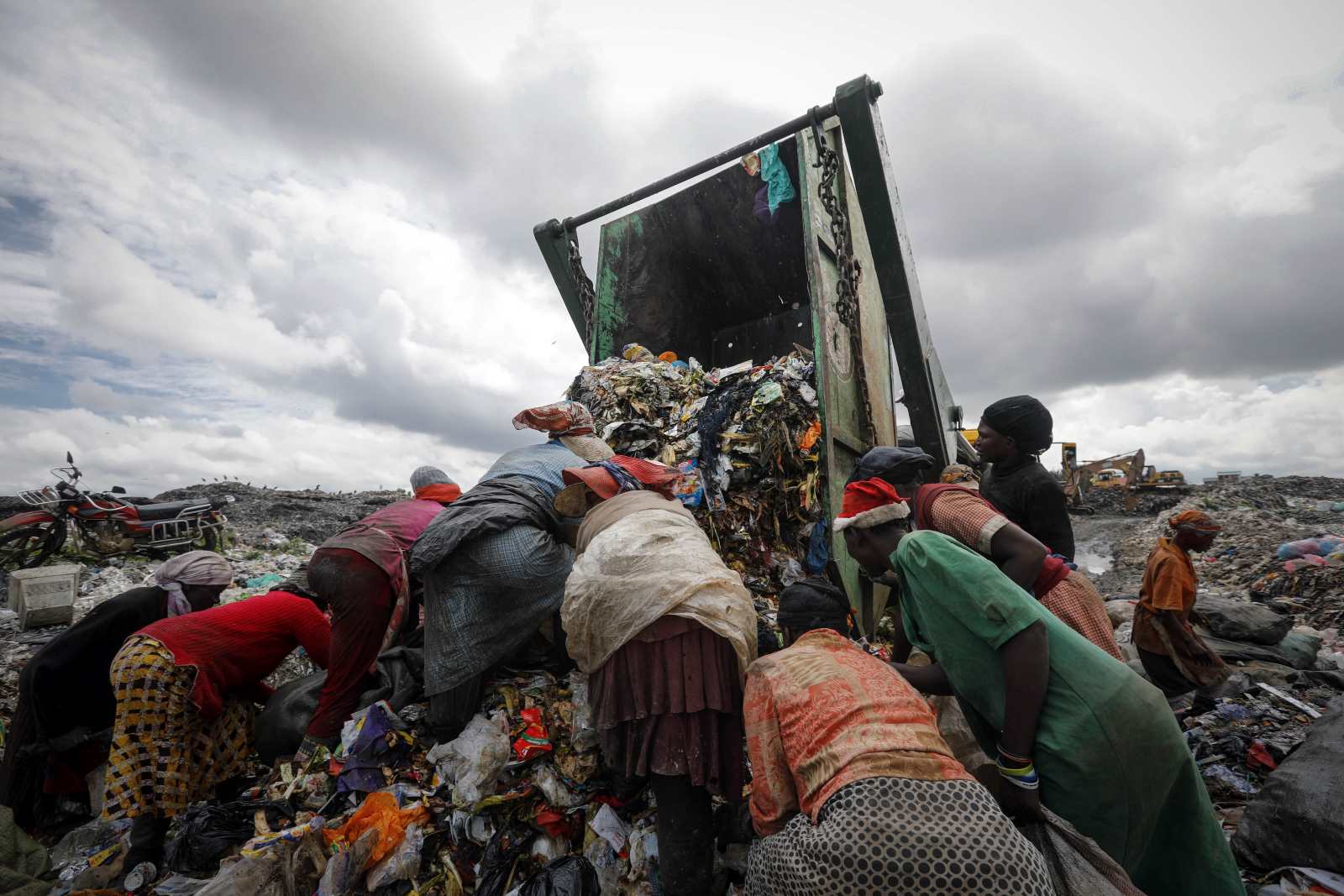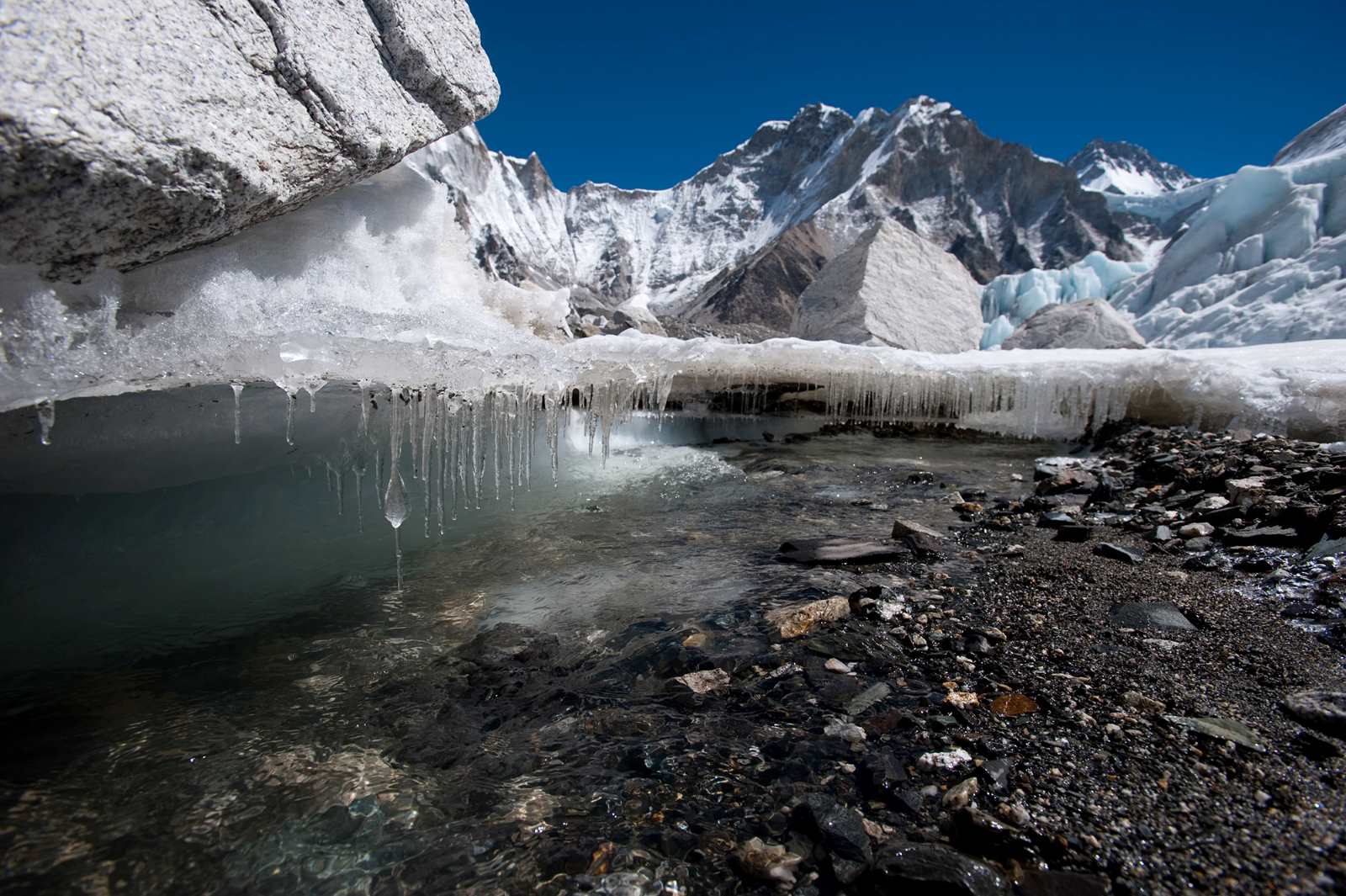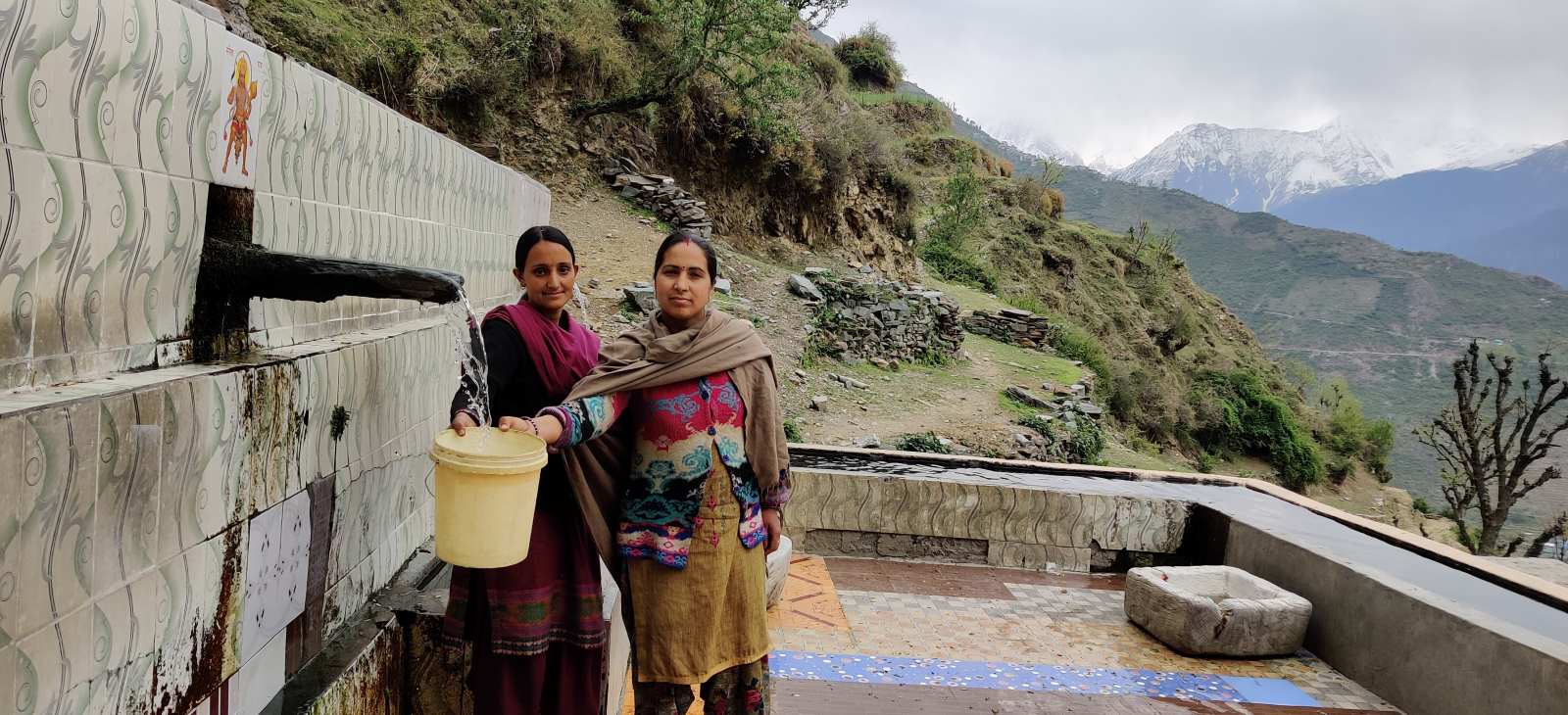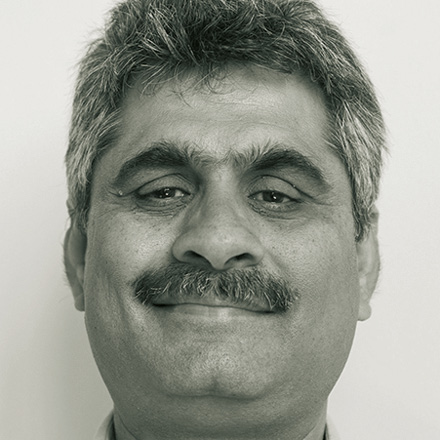Pollution
Restore Nairobi River
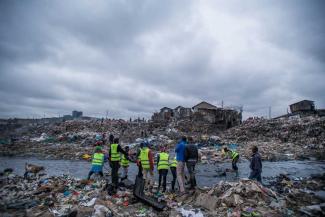
Many cities in the world have beautiful rivers flowing through them that provide excellent sites for recreation and water for both humans and animals. Nairobi is different, however. Its river is considered the most polluted one in Kenya. The water is no longer potable or suited for many other day-to-day purposes.
Nairobi River’s water looks blackish, smells bad and carries loads of dark floating material. Oil drifts on its surface, damaging plant and animal life. Plastic bottles and debris line the banks. There are no fish, so there is not fishing either. Instead of a healthy natural resource providing much-needed respite from the vexations of city life, this river is a hideous flow of filth, stench and disease.
Nairobi River is actually an open sewer, carrying sewage from pit-latrines of the adjoining slums. Factories discharge petrochemicals and metals directly into the river, and car washes dispose of their dirt water. Added to the mix is oil and grease from roads and informal garages.
On various occasions, the government has criticised the pollution, but hardly anything changes. Despite the multitude of environmental and health risks, authorities have been unable to restore the river. A number of initiatives have been rolled out, but none of them has succeeded in curtailing the intentional dumping of wastes into the river – and certainly not in the long run.
The city’s population is growing fast. Housing and sanitation systems are inadequate. These are prime reasons for the river’s sorry state. As of 2020, only 40 % of Nairobi was connected to a sewerage system, according to World Bank data. The river ultimately ends up losing in this scenario. For poor communities who live on its banks, the river is the only waste-disposal system available. There is no municipal service they might rely on.
Improving people’s lives
Restoring polluted water bodies in major cities like Nairobi requires more than clean-up efforts. Kenya’s capital has seen many of them. As experts such as Inger Andersen, the executive director of the UN Environment Programme (UNEP) regularly point out, the point is to improve people’s lives.
If further pollution is to be prevented, communities must be empowered to live dignified lives. This includes access to safe drinking water and sanitation, as required by the UN’s 6th Sustainable Development Goal (SDG). Consequently, more must happen to empower lower-income households along the river. Investing in urban infrastructure and enforcing laws is essential.
Authorities at national and subnational levels need to walk the talk. Formal and informal businesses that dump effluent must be held accountable. Where profits are made, supposed “poverty” is no excuse for malpractices. Various industries, garages, slaughterhouses and car washes pollute the river. It is alarming that they hardly ever face consequences.
There are many good reasons for restoring Nairobi River. Aside from stopping the imminent and farreaching environmental and health hazards, Nairobians – and Kenyans at large – stand to benefit from a cleaner Nairobi River. It could attract enterprises, thus boosting the city’s economy. Treatment plants could make the water safe for domestic and agricultural use. Opportunities for fun and recreation would arise. Water life might thrive again. Ultimately, a clean river could enhance Nairobi’s overall image and elevate it to the league of global cities that are renowned for the care they bestow on their water bodies.
Joseph Maina is a freelance writer based in Naivasha, Kenya.
mainajoseph166@gmail.com

